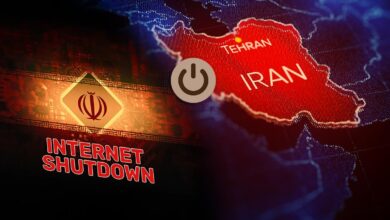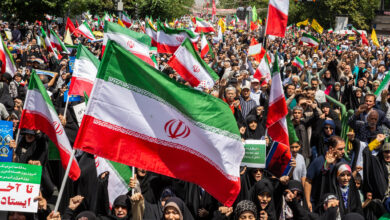
A recent report by the U.S. Commission on International Religious Freedom (USCIRF) has raised concerns about the state of religious freedom in India, focusing on issues affecting the Muslim community and religious minorities. The report highlights incidents of violence, including mob lynching and the destruction of religious sites. Specific laws, such as the anti-cow slaughter legislations and the Waqf Amendment Bill, are cited as discriminatory and restrictive towards religious practices of Muslims.

The USCIRF has once again recommended that India be designated as a “Country of Particular Concern” (CPC), suggesting that the government’s actions have significantly worsened the religious climate for minorities. The report claims that Muslims are increasingly marginalized, facing social and economic discrimination, often exacerbated by state-level regulations. It also highlights the politicization of religion and the influence of Hindu nationalism in government policies, which allegedly contribute to rising intolerance and the erosion of religious freedom.
The Waqf Amendment Bill is criticized for what the USCIRF calls attempts to control and restrict Muslim charitable institutions, accusing the government of undermining the rights of the community over their religious endowments. Furthermore, laws and policies surrounding the protection of cows—an issue deeply intertwined with Hindu religious beliefs—are seen as disproportionately impacting Muslims, especially in regions where cow slaughter is criminalized. The report emphasizes that such laws have led to incidents of mob violence, where individuals, often Muslims, are attacked for allegedly transporting or slaughtering cows.

In response, India has consistently rejected these claims. The Indian government has previously dismissed the USCIRF reports, accusing them of being biased and uninformed about India’s diverse and pluralistic society. India maintains that it upholds the rights of all religious communities and that incidents of violence are isolated and not reflective of widespread religious intolerance. Furthermore, the Indian government emphasizes that its laws, including those related to cow protection and the management of religious endowments, are rooted in constitutional provisions and the need to maintain social harmony.
Despite the recurring recommendations for India’s designation as a CPC, the U.S. government has not acted on these suggestions. The relationship between the U.S. and India, particularly in terms of strategic and economic cooperation, has influenced this stance. Analysts suggest that while religious freedom is a priority in U.S. foreign policy, broader geopolitical considerations often temper immediate action against key allies like India.




